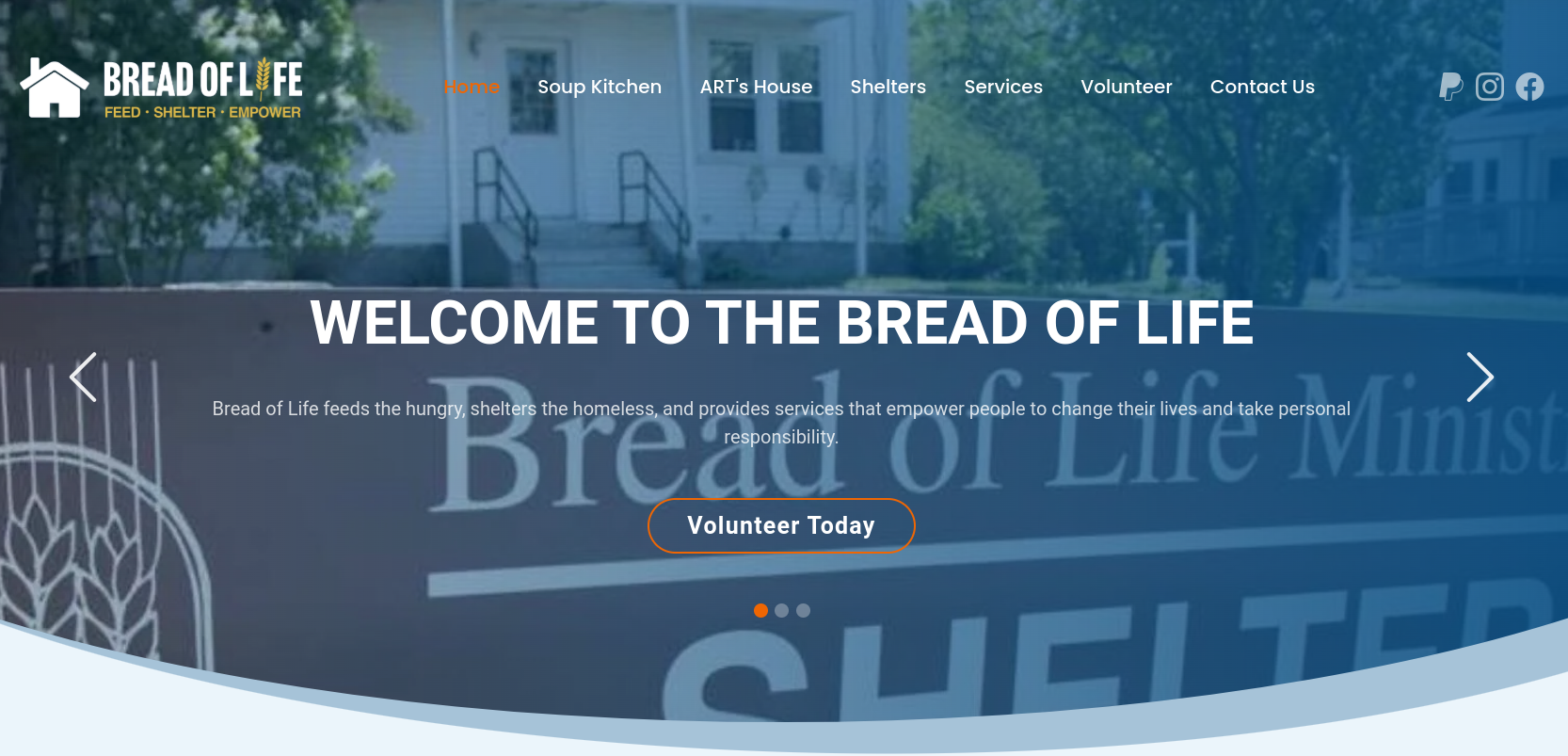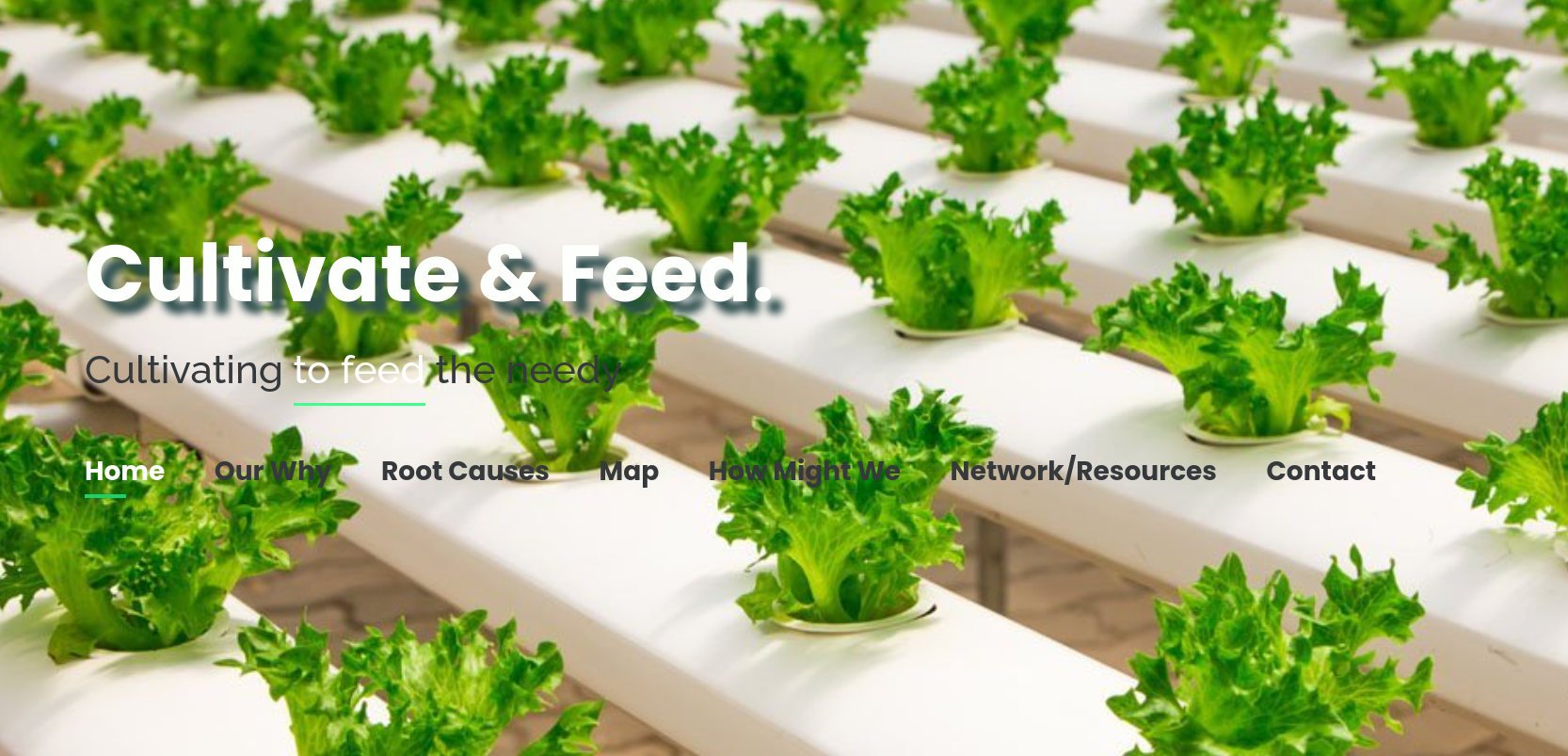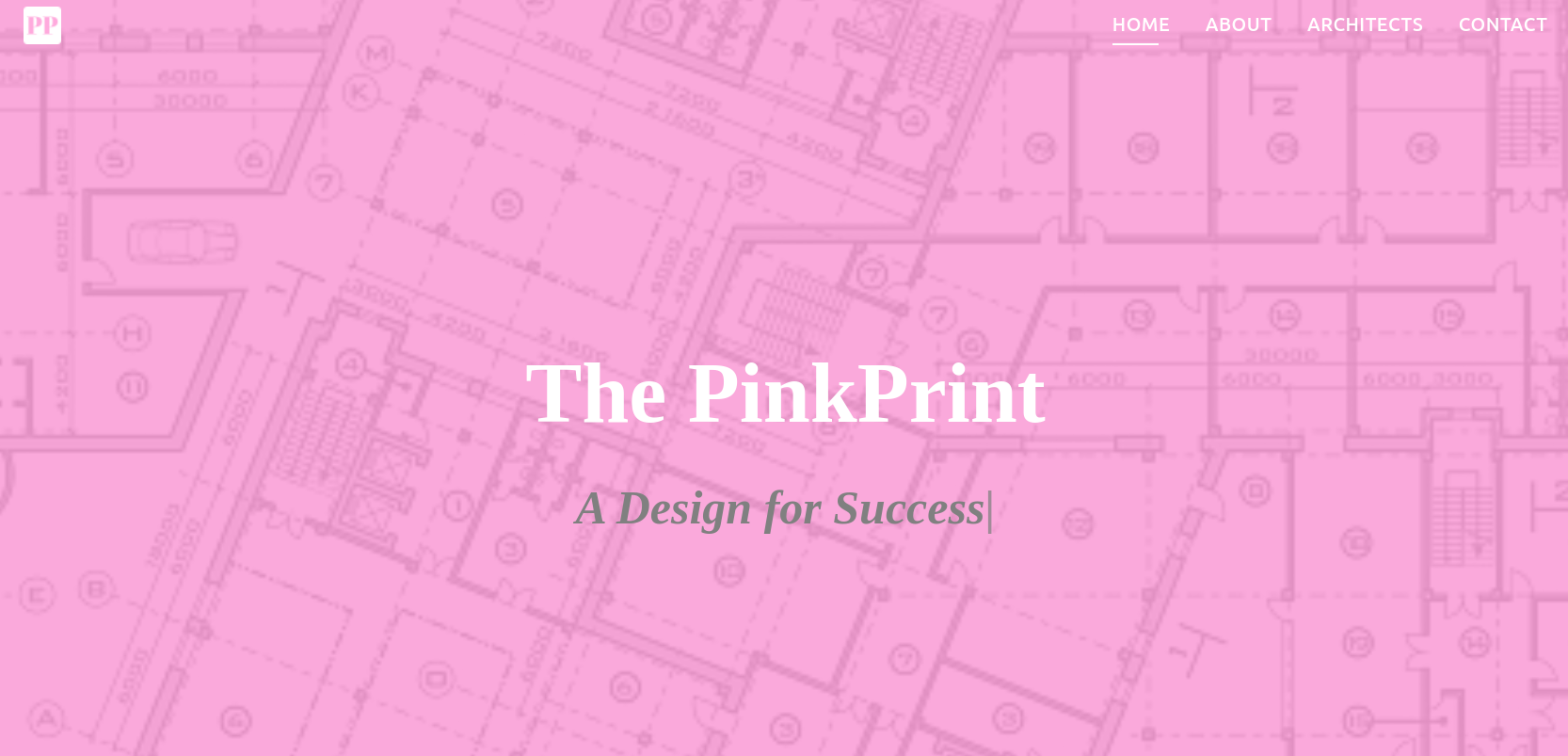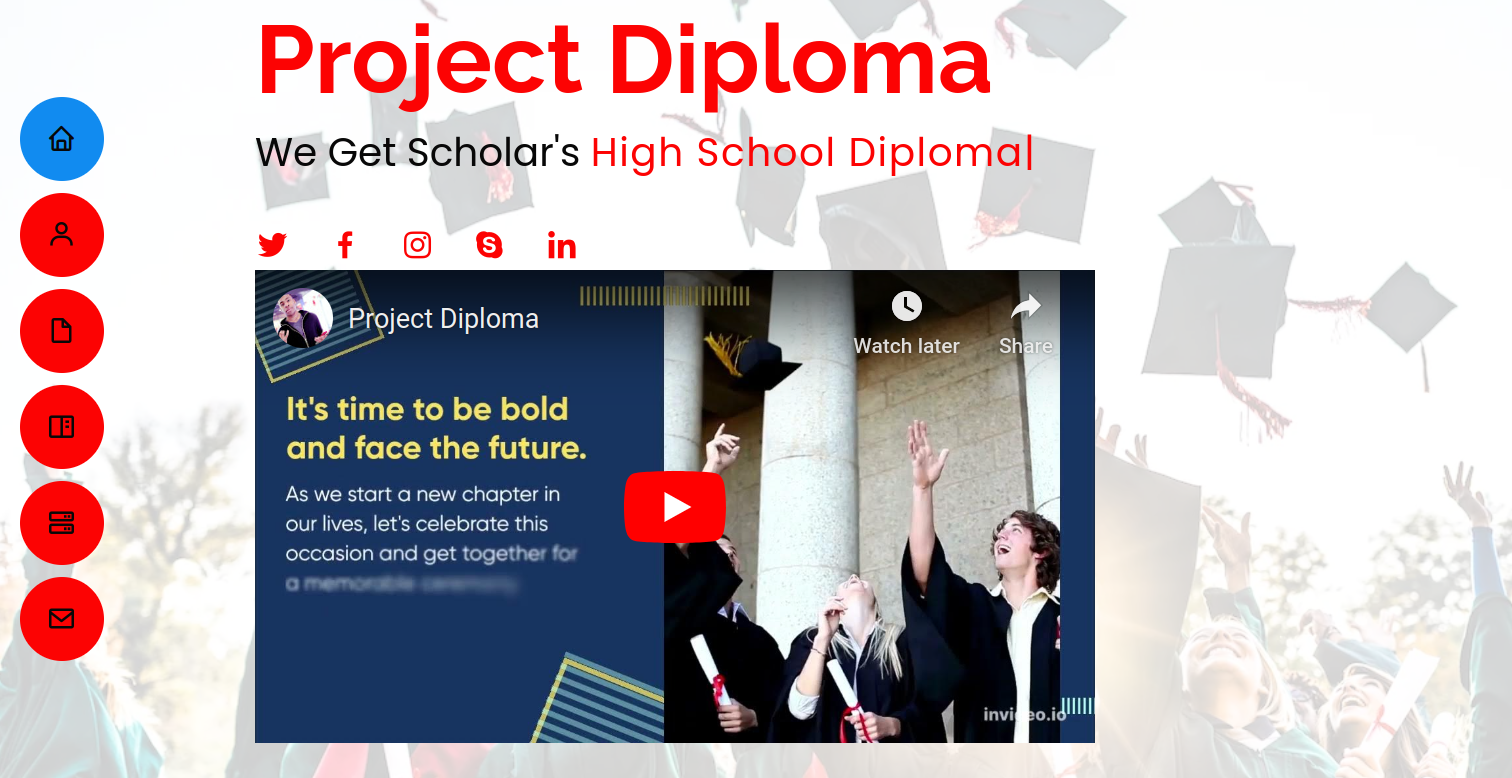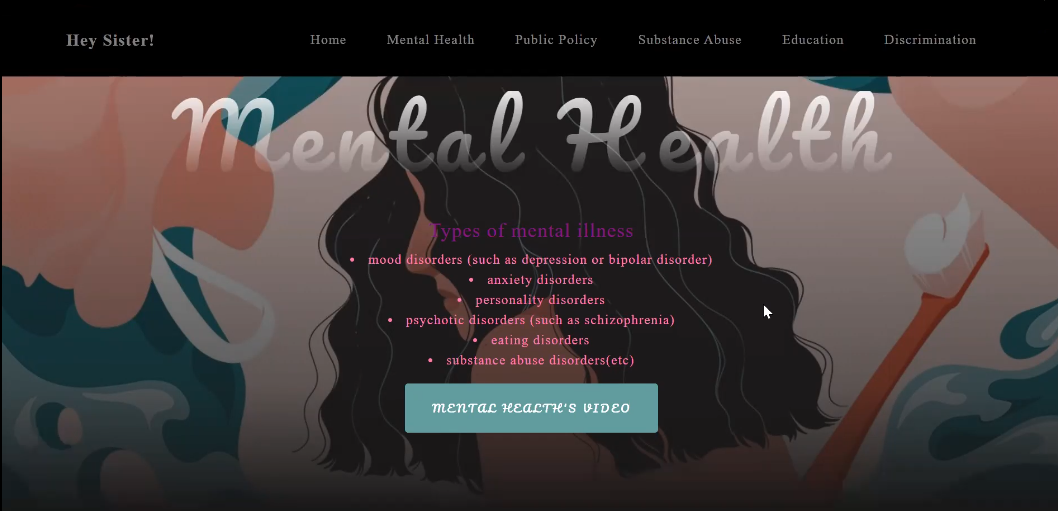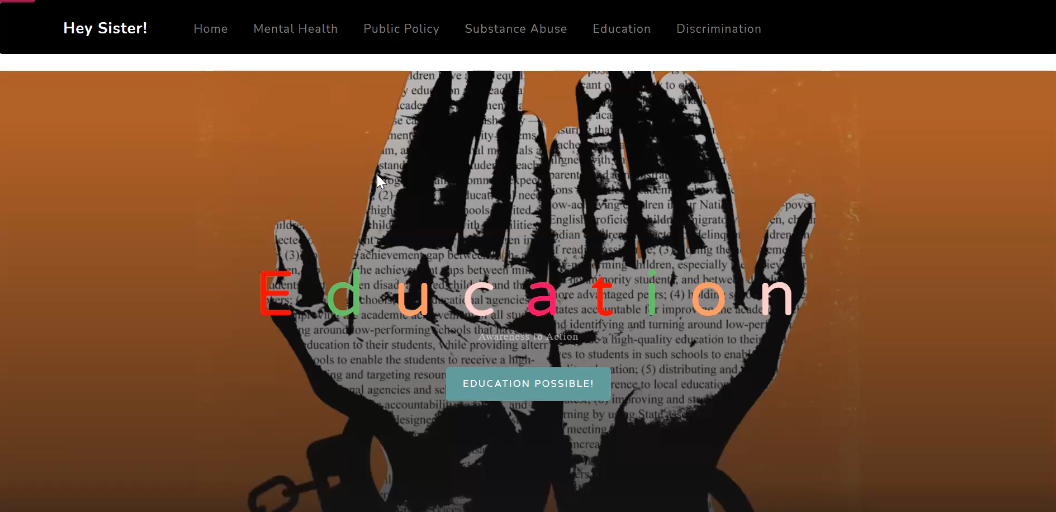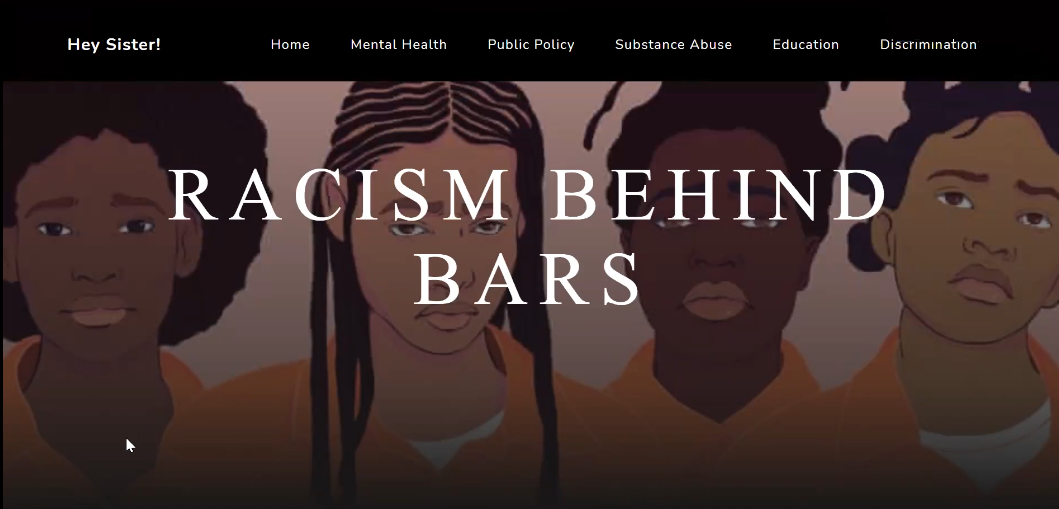Web Design I
Taught in both English and Spanish, our Web Design I class is designed to teach our students the fundamentals of web programming, building self-efficacy and digital literacy in the process. It has three main parts: core technical skills, career-readiness, and a capstone project.
Core technical skills
The curriculum teaches participants the fundamentals of HTML, CSS, and Javascript. Topics include Bootstrap, flexbox, responsive design, branching statements, loops, and functions.
Career-readiness
The class includes dedicated lectures on presentation preparation and public speaking. Students are also introduced to relevant technology-facing career paths by guest lecturers.
Capstone project
Students apply the taught material to build a website centered on addressing challenges to affect social impact in their communities. Common topics include domestic violence and addiction.
Sample capstone projects
Project websites from students have covered a variety of issues including domestic violence, addiction, parole reform, gun violence, and poverty. Students research their topic of choice and develop websites that either display information and resources or represent a future or existing organization. Some examples of capstone projects are below.
